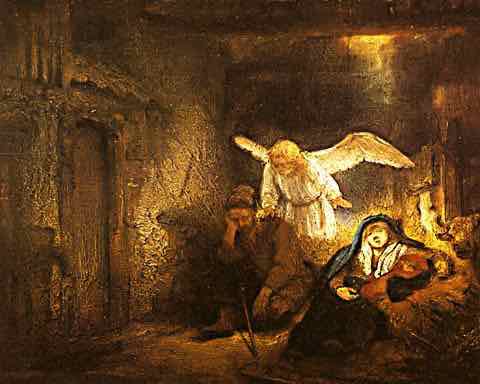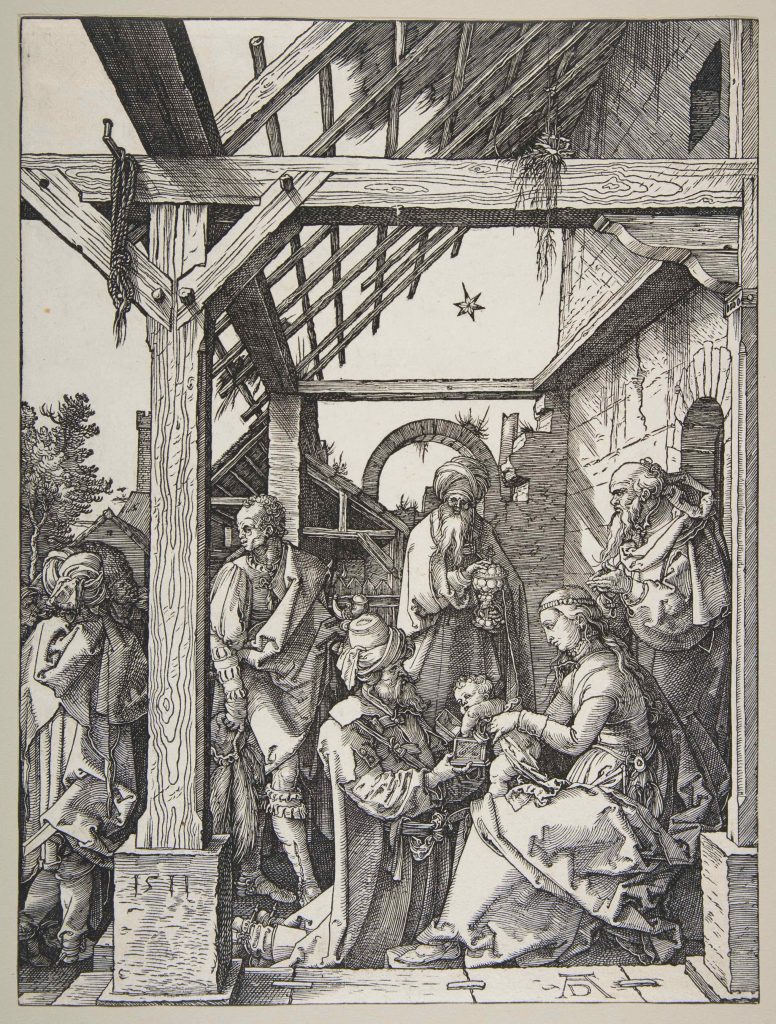
Herod purposed to manipulate the Magi into showing him where the new King of the Jews would be born. Now he hears they have outwitted him. He rushes to order the death of every male toddler/baby in the greater Bethlehem area.
At this point we come to Matthew 2:17-18. To date, Matthew has quoted Isaiah (1:23), Micah (2:6) and Hosea (2:14). Now he quotes Jeremiah: “Then what was said through the prophet Jeremiah was fulfilled: “A voice is heard in Ramah, weeping and great mourning, Rachel weeping for her children and refusing to be comforted, because they are no more.””
Surely it is a tremendous understatement to say that there is no doubt that many families were greatly distraught at the outcome of Herod’s order. For what could be more upsetting than soldiers barging through your doors and killing an innocent child? Especially your innocent child? Your son – on whom you had the greatest of hopes? Your own son, who was in all likelihood born in an answer to prayer? And now, in a moment, he is lifeless. A soldier’s sword having been plunged through his helpless body while you were held back. What mother would not have been hysterical? What father would not be heartbroken? What family would not have wondered where their God was at that moment? Indeed, where was God while this horror was being carried out?
Matthew quoted Jeremiah – a prophet who lived and ministered and spoke this Word of God ~600BC. That means that for 600 years, God was aware this day would come. What Herod decided in an instant of anger was known by God Most High, generations prior. More than that, it means that for 600 years God was cognizant of this day’s emotional damage to His people.
In our most tragic moments, God is not far off or unaware.
He knew the day would come, He knew the pain you would feel. He has been thinking about that pain for a very long time. Your suffering is part of the reason Jesus died on the cross. In fact, it could be said that it was in consideration of your pain that Jesus was sent to the cross. For apart from the cross, there is no freedom from such pain, only more and more grief, suffering and even more pain to be endured. All of it – like Rachel’s weeping – is part of His story, the story of overcoming His enemy, the same who whispered such a wicked thought into Herod’s ear in the first place.
But now we rejoice instead of weep. For on account of the work of Jesus Christ the day is coming when our crying shall cease, and all grief shall be but a dull and distant memory. “He will wipe every tear from their eyes. There will be no more death or mourning or crying or pain, for the old order of things has passed away.”
The most beautiful people we have known are those who have known defeat, known suffering, known struggle, known loss, and have found their way out of the depths. These persons have an appreciation, a sensitivity, and an understanding of life that fills them with compassion, gentleness, and a deep loving concern. Beautiful people do not just happen.
Elisabeth Kübler-Ross
APPLICATION: Prayer
There is a time for everything under the sun. Even time for weeping. Pour your heart out to God.








